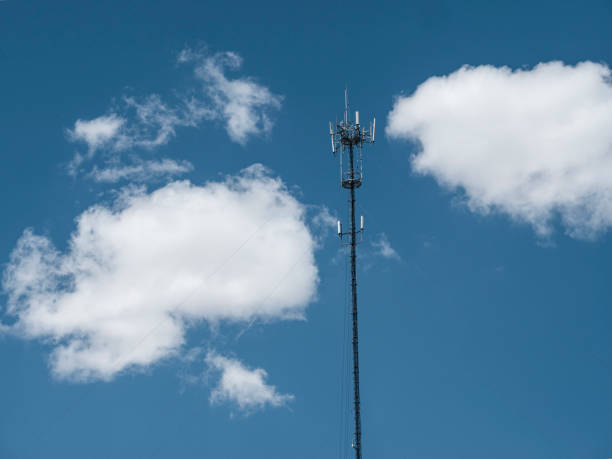AT&T and Verizon, two of the largest cell phone providers in the country, have delayed implementing some 5G wireless towers due to potential interference with certain airplane instruments. Although they were cleared by regulators to begin full 5G implementation starting on January 19, they voluntarily delayed the process around airports to prevent potential issues. It remains to be seen whether 5G actually interferes with the functioning of these instruments, however.
What is 5G?
In layman’s terms, “5G” stands for the Fifth Generation of cell phone networks, which first began to be implemented back in 2019. Until recently, most cell phones only operated on Fourth Generation, or “4G” networks. In theory, 5G cell phones will have better connectivity and, in particular, a better ability to receive and transmit data for internet access. This, in turn, will help with many of the functions that cell phones are commonly used for today.
What is the Problem With 5G?
The potential risk with 5G technology has to do with the range of the electromagnetic spectrum that it broadcasts on. 5G has two primary range bands that it operates on: 6 Gigahertz (GHz) and below, and 24.25 Ghz and above. This is important because a particular instrument, known as a radar altimeter, operates on signals between 4.2 and 4.4 GHz. In theory, this means that a 5G tower within range of an airport could affect radar altimeters and their functioning, potentially resulting in serious accidents.
What is a Radar Altimeter?
Radar altimeters are a type of equipment found on some modern airplanes that uses radar signals to determine the distance between the plane and the ground. They are used primarily by planes that are expected to fly in inclement weather, such as bizjets or airliners, to help with landing under poor visibility conditions where standard Instrument Landing Systems (ILS) will not suffice. With these systems, it becomes far less likely for a pilot to accidentally crash due to misjudging how far they are from the ground.
How Could This Affect Airplanes?
Although the issue is largely theoretical, the danger is that 5G systems broadcasting between 4.2 and 4.4 GHz could interfere with radar altimeters close to 5G broadcast towers, causing them to either give incorrect readings or to cease functioning entirely. While radio altimeters are rarely used, the situations in which they are used are ones in which the risk of a plane crash are most likely. The delay from Verizon and AT&T is intended to make sure that this is not an issue, to prevent potential accidents that might be caused by this new technology.
If you have been injured as a result of someone else’s negligence, you should contact the Tennessee personal injury lawyers at the Keith Williams Law Group. With convenient offices located in Nashville and Lebanon, our lawyers will work with you to create a litigation strategy that protects your legal rights and serves your personal needs. For more information or a free consultation, please contact us at 615-444-2900 or visit our contact page.


Leave A Comment